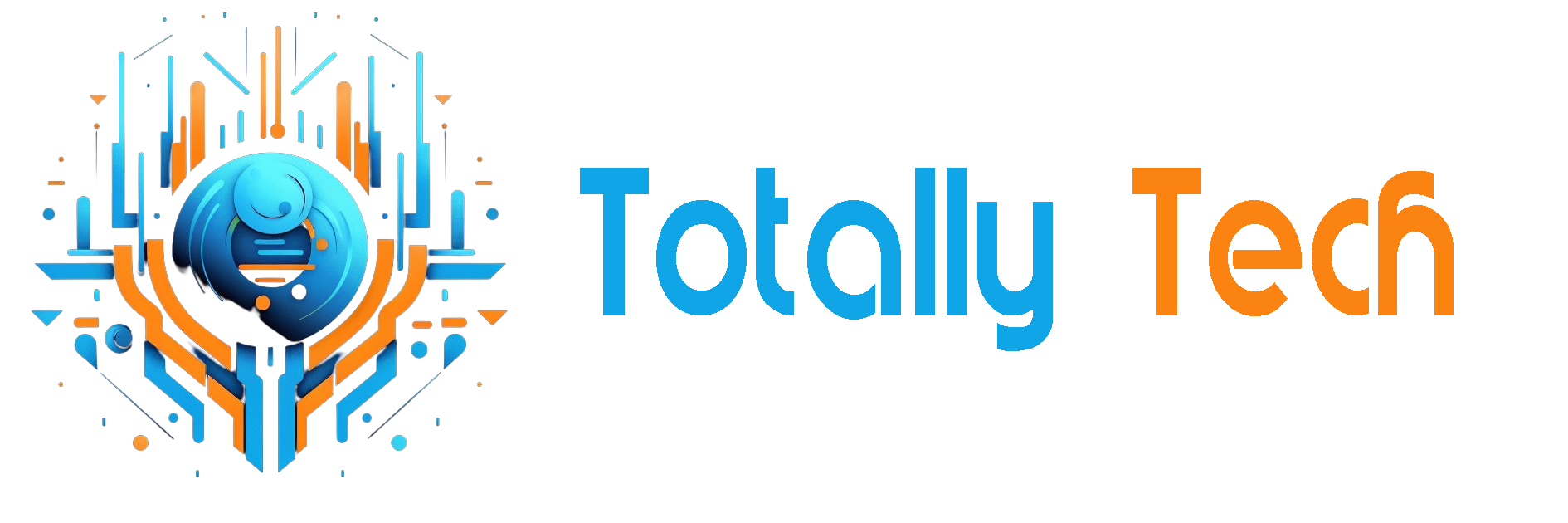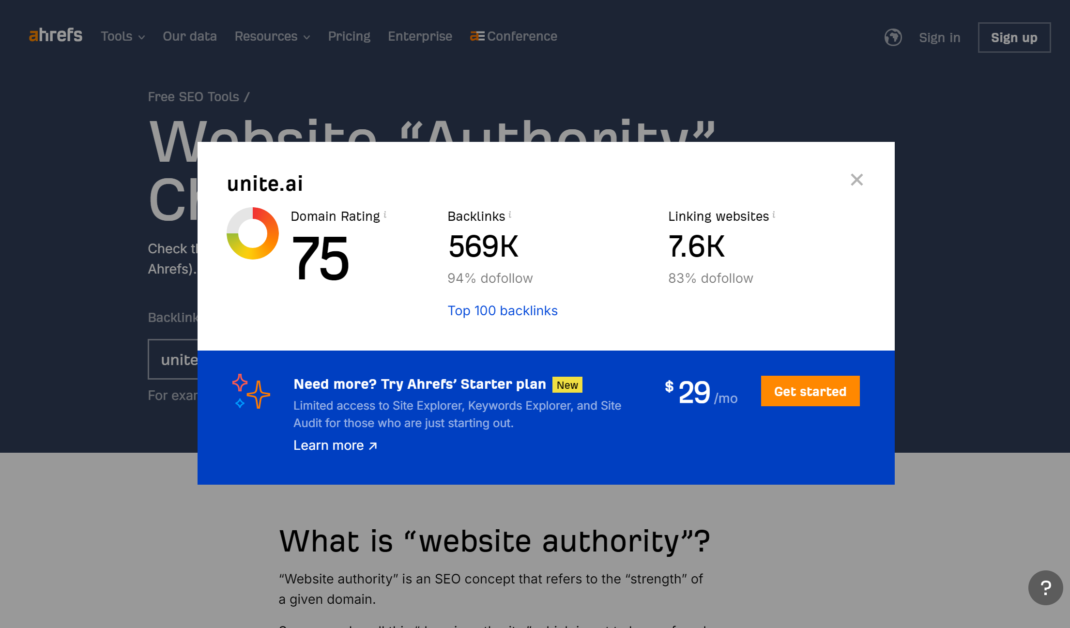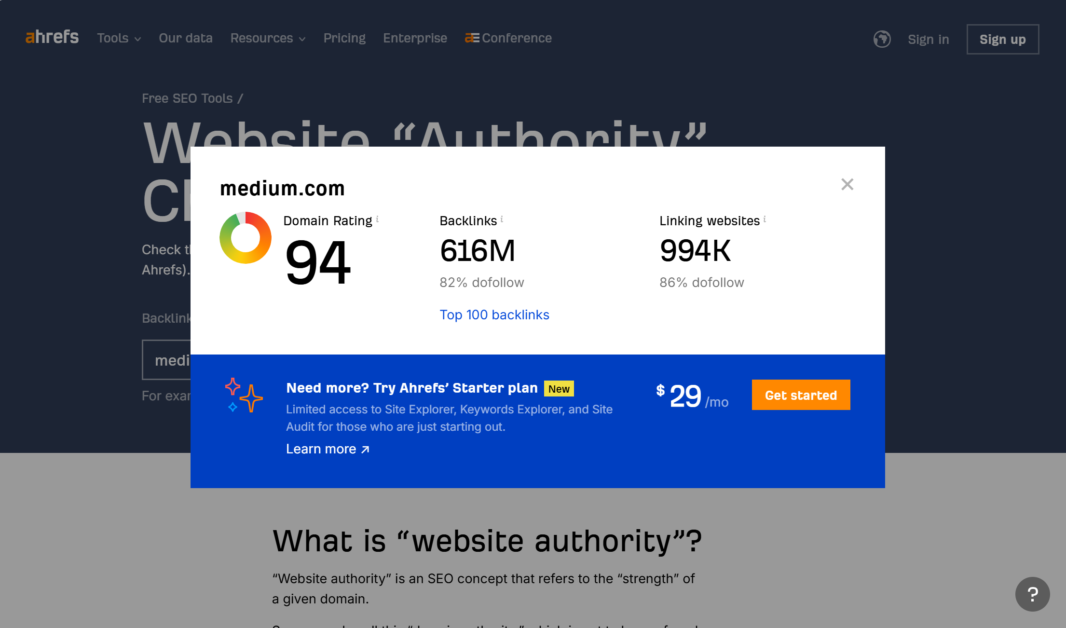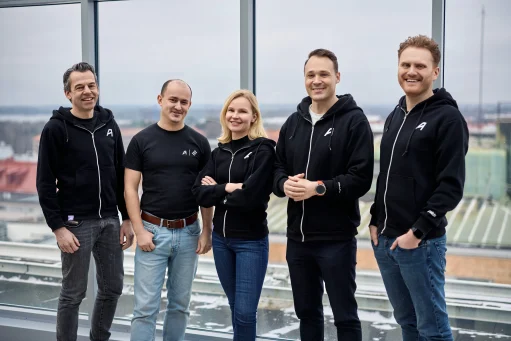
For years, Google has emphasized to the webmaster community that original, high-quality content is key to ranking well in search results. Google’s systems aim to reward content that demonstrates E-E-A-T (expertise, experience, authoritativeness, and trustworthiness), regardless of how the content is produced. This focus on quality has been central to delivering reliable search results.
This approach continues today, reinforced by new algorithmic changes in the Helpful Content Update, designed to ensure that users find content created primarily for people, not just for search rankings.
This is why as part of our SEO strategy I have focused on optimizing our content to deliver value, and this is something that I have done accross all of my websites.
Plagiarized Medium.com Content Outranks Our Content
I was recently perplexed to find that many of our in-depth, personalized AI product reviews weren’t ranking, despite meeting Google’s guidelines. For example, our You.com review featured original, high-quality content, including screenshots and personalized testing, yet it still struggled to gain visibility.
When scanning the search results in the top 10 of Google it was our AI tool review (exact title) but on the Medium.com website that was ranking highly in Google.

Not only was our own review page ranking poorly, it was completely missing from the Google search results. Google’s apparent state of the art search engine gave original credit to a Medium.com account with almost no traction.
In fact the account is so new, that it only had 7 followers based on the screenshot below. Even more interesting is that every article posted on the profile was a direct copyright copy and paste violation of our articles. You can see how busy the thief was copying and pasting today based on the time of the posts.
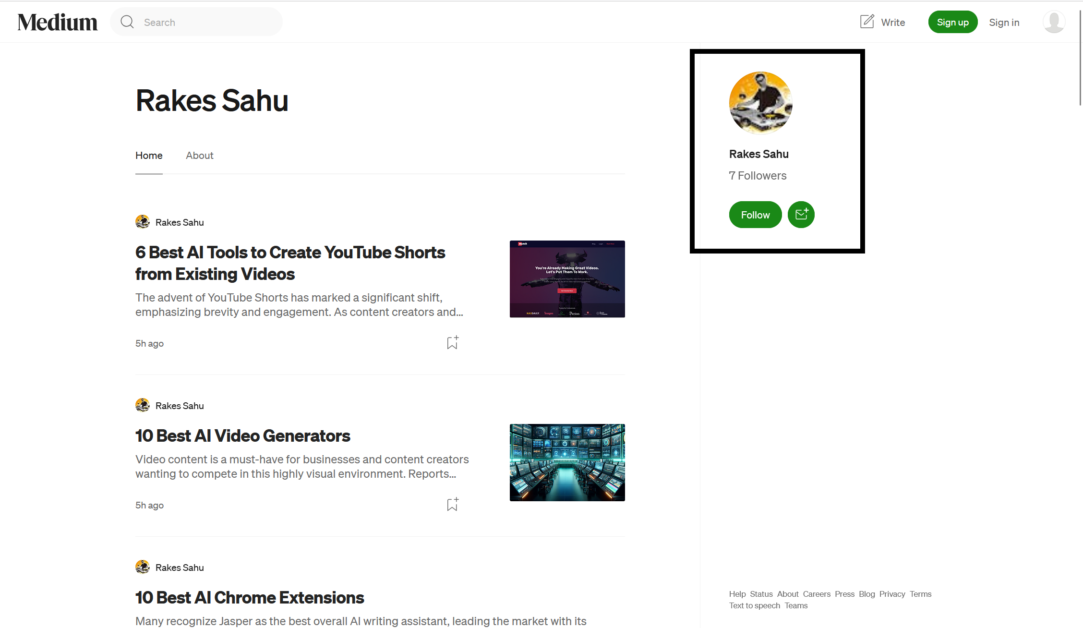
For example, the top 3 articles that are posted above are our own articles on how Best AI Tools to create YouTube Shorts, Best AI Video Generators and our Best AI Chrome Extensions articles.
How Did they Do it?
The question of how a Medium account with 7 followers can outrank a site with millions of monthly visitors requires an understanding of Domain Authority (DA). It’s a metric used to predict how well a website will rank in search engine results. It’s not an official Google ranking factor but is often used by SEO professionals to gauge a site’s credibility and potential to rank.
How It’s Measured by Different Tools:
- Moz created the original Domain Authority metric, which measures a website’s ranking potential on a scale of 1 to 100. It factors in backlink profile, the quality of inbound links, and other SEO-related data to estimate how likely a website is to perform well in search results. It’s calculated using machine learning models that predict rankings across various SERPs.
- Ahrefs uses a metric called Domain Rating (DR) to measure a website’s backlink profile strength. It primarily focuses on the quality and quantity of backlinks a site has, using a logarithmic scale from 0 to 100. A higher DR indicates stronger backlink authority. Ahrefs also considers how the backlinks contribute to the ranking power of the site.
- SEMRush measures Authority Score (AS), which is broader than just backlinks. SEMRush’s uses factors such as Backlinks (quantity and quality), organic traffic (how much traffic the site is getting), heyword rankings (how well the site ranks for target keywords).
All of these tools measure a website’s authority, and offer more of a general guidelines than a true ranking formula.
In this case we will review our domain authority with Ahrefs, the score at Unite.AI is 75, an extremely high score compared to the bulk of websites.
Of course as impressive as this score is it does pale in comparison to Medium.com.
In fact according to Similar web, Medium is one of the top 500 websites in the world. Herein is the problem, should Google be giving an article priority treatment because it is appearing on a domain with higher domain authority? While there are many claims that domain authority is not a ranking signal, the majority of the SEO community believes due to anecdotal evidence that it is.
Google Needs to do better
While it’s easy to complain that Google seems to favor larger sites over smaller ones in search rankings, it’s clear that Google needs to address these concerns more effectively. Allegations of preferential treatment persist, and cases like the one I’ve illustrated—where original, high-quality content struggles to outrank plagiarized material—reflect poorly on Google’s AI.
At a minimum, Google should be able to accurately distinguish between original content and copied material. Improving this would not only benefit smaller creators but also help dispel claims of bias in its ranking algorithm.
Medium Takes Action
The Medium.com platform is an important source of diversity for writers from all backgrounds, offering a space where varied perspectives, experiences, and ideas can be shared freely with a global audience. It empowers voices that may not have access to traditional publishing channels, fostering a more inclusive environment for creativity and knowledge sharing.
The platform was never meant to host plagiarized content from blackhat SEOs who are attempting to take advantage of parasite SEO, a tactic to game Google search engine ranking results by relying on hosting content on a site with a high domain authority. The platform was instead meant to reward high quality content from unique voices, and this it excels at.
After we contacted Medium regarding our concerns, we were pleasently surprised with how quickly they took action based on these rules, now if you visit the account that we have highlighted above the following error code is seen.
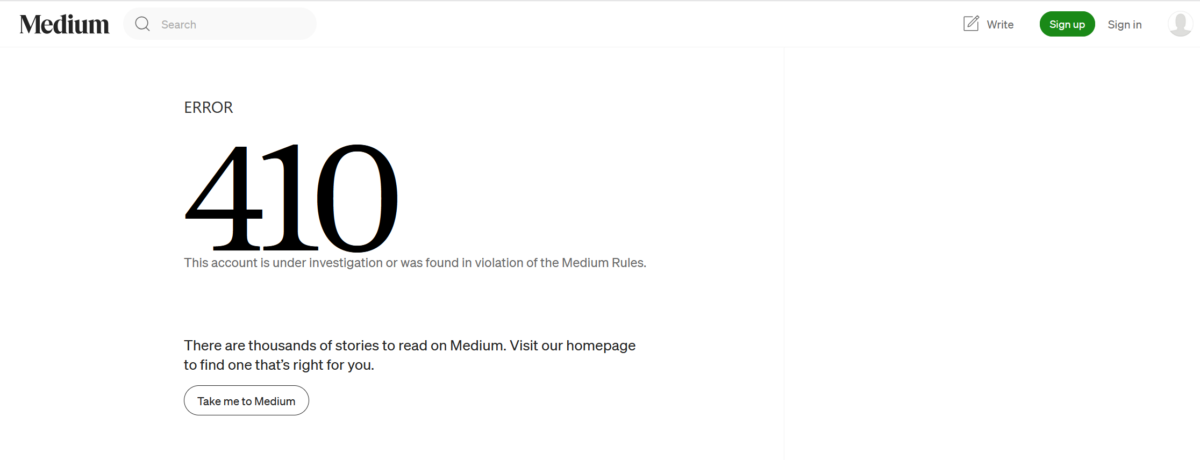
Summary
Tracking individual pages in Google is crucial for understanding how well content is ranking and performing, and it’s important not to rely exclusively on tools for this task. While SEO tools offer valuable insights, manually searching for specific pages allows for a more hands-on assessment of how content appears in search results, helping identify issues like ranking discrepancies or competition from lower-quality content.
High-quality content production remains key to success, as Google’s algorithms aim to reward original, insightful material. However, issues like the one highlighted in this article, where plagiarized content outranks original work, point to a flaw in Google’s system that is negatively impacting content creators. We hope this serves as a call to action for Google to address these concerns and improve its ability to recognize and prioritize authentic content.
The post How Google Outranks Medium.com Plagiarized Content Ahead of Original Content appeared first on Unite.AI.
